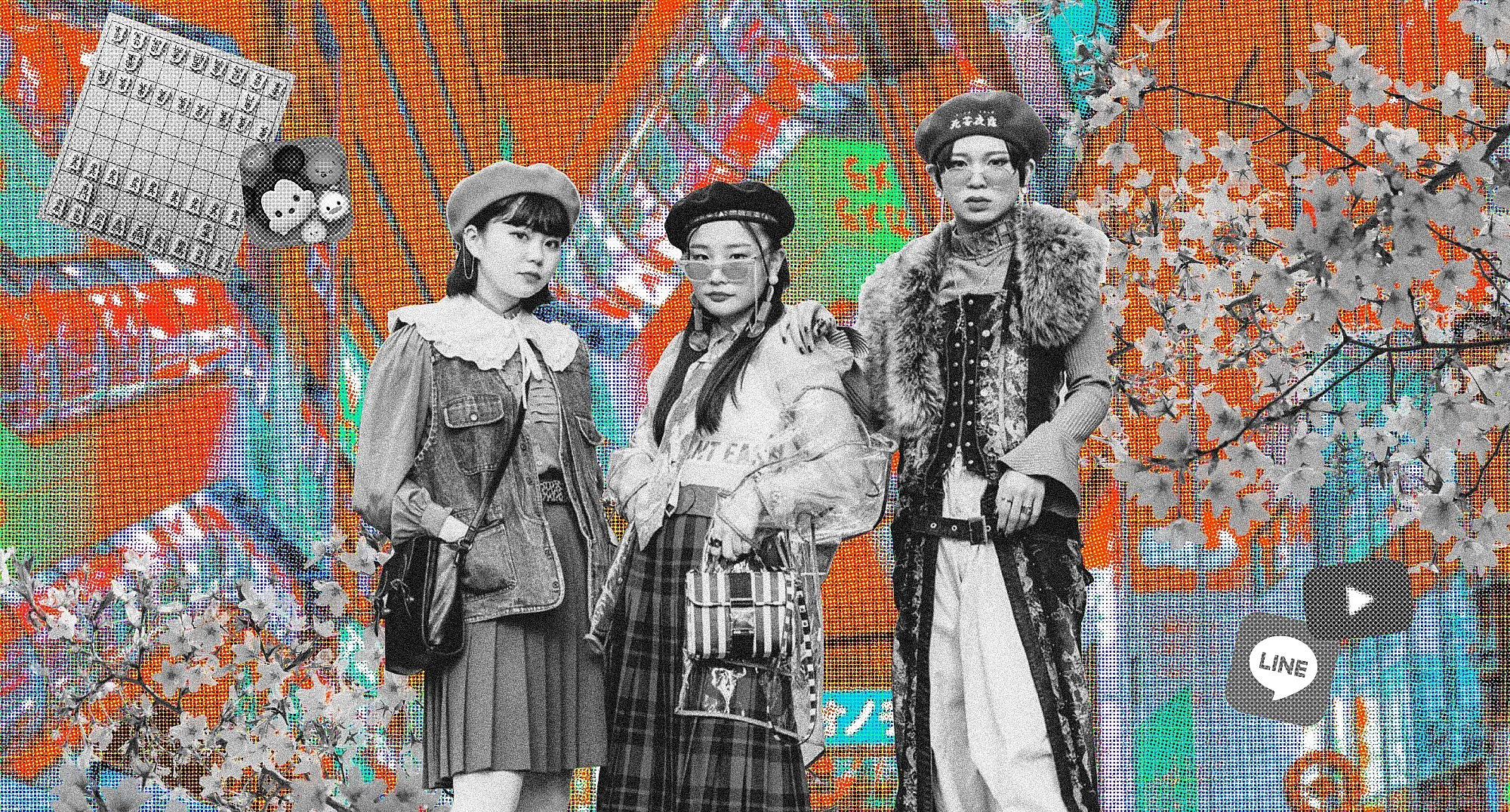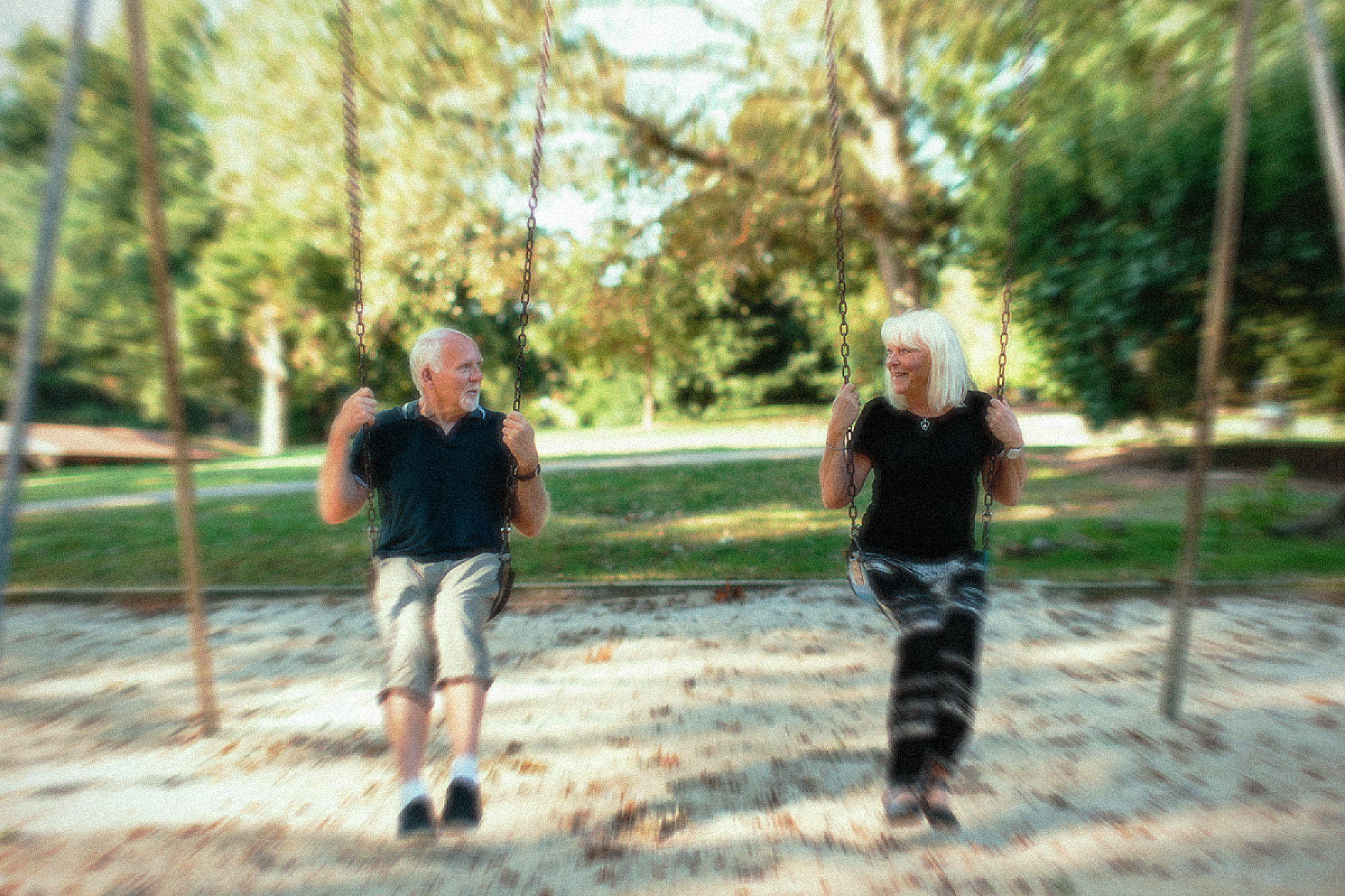When we found out we were heading to Tokyo to deliver a keynote at Advertising Week Asia, we jumped at the opportunity to learn more about what Gen Z is up to on the other side of the world. Are they TikTok obsessed? Lamenting the state of online dating? And what are they up to offline? We surveyed a handful of Gen Zers in advance, and sat down with a few IRL, to get the scoop.
Japanese Gen Z’s average screen time is about half of ours. You read that right. Our research has shown that the average American Gen Zer is spending about seven hours just on their phone screen (not including computer, iPad, TV, etc.). In Tokyo, the number was closer to three hours. One 22-year-old student we spoke to explained that during the pandemic, everyone spent way too much time scrolling. He called it, “melting time.” Instead of just accepting that new behavior, he said his peers have made a conscious effort to combat the scroll.
“There is a sense of fulfillment that can only be obtained from an offline life,” said another university student. “So I try to regularly go outside and enjoy nature on my days off.” Anecdotally, we also noticed an almost total lack of phones — and headphones — on the street, from Daikanyama to Ginza to Shinjuku.
Maybe it’s easier for these Gen Zers to put their phones down because basically no one is on TikTok. The most popular apps are LINE — a messaging app — and YouTube, where they’re watching the platform’s original dramas in lieu of TV. Many listed specific games as one of their top five most used apps, including Disney’s Tsum Tsum and Shogi, a sort of Japanese chess. However, Instagram was the only frequently used app cited that allows for mindless scrolling. “I try not to get anything passively,” said one of the students. “I go look for the information I want.”
Intentionality was the standout theme from our trip. We heard how teenagers are uneasy about algorithms serving them information they aren’t asking for. “Because so much emphasis is placed on the hooks of videos and images, there are many things that are so stimulating that you are almost forced to watch them,” said one 24-year-old. And while the convenience of the algorithm may be nice — it does, after all, do some of the work for you — it doesn’t sound like anyone thinks it’s worth it. Students said, “I feel that it is leading to a decline in people's thinking ability and inquisitiveness,” and, “There are fewer opportunities to encounter things that I'm actually interested in, even though I don't realize it, and I feel a little disappointed about that.”
Interestingly, influencers don’t seem to hold nearly as much, well, influence as they do here in the U.S.. The students namechecked artists and musicians they follow, actors and writers, though one did admit to being swayed by a popular “beauty reviewer.” Dentsu’s Wakamon unit, which specializes in thinking about and researching Japan’s youth culture, told us that marketers largely ignore Gen Z in Japan because they aren’t thought to have much disposable income, but from our conversations, this is a generation hungry for information and inspiration. Capturing their attention — and earning their loyalty — is an exciting creative challenge.




